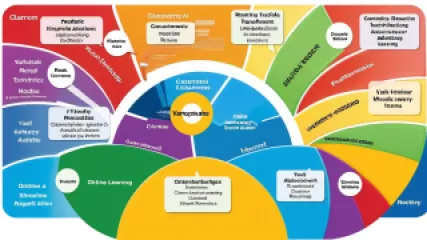Exploring the Impact of Emotional Neglect: A Research Summary
il y a 1 an
Comprendre la négligence émotionnelle
Discover Your Ideal Learning Style with Positive Psychology Interventions
il y a 1 an
Styles d’apprentissage
Insights from an Emotional Neglect Consultation Service Expert
il y a 1 an
Comprendre la négligence émotionnelle
Mindfulness vs Meditation: A Beginner's Guide
il y a 1 an
Pleine conscience vs méditation
Insights from Intuition Coaching Sessions
il y a 1 an
Développer l’intuition
Improving Mental Well-being in Older Adults: Research Summary
il y a 1 an
Soins mentaux des personnes âgées
10 Proven Anxiety Relief Methods to Cope with Stress
il y a 1 an
Stratégies d’adaptation
The Ultimate Guide to Navigating Ethical Dilemmas
il y a 1 an
Dilemmes éthiques
10 Effective Ways to Manage Academic Pressure
il y a 1 an
Faire face à la pression académique
What Are the Positive Effects of Physical Touch?
il y a 1 an
Avantages du contact physique
The Profound Impact of Physical Touch on Mental Health
il y a 1 an
Avantages du contact physique
10 Proven Strategies to Build Resilience in Kids
il y a 1 an
Renforcer la résilience chez les enfants
Discover Your Optimal Learning Style: A Step-by-Step Guide
il y a 1 an
Styles d’apprentissage
Fostering Healthy Communication in Parent-Child Relationships
il y a 1 an
Relation parent-enfant
3 Self-Care Lessons from 'The Lord of the Rings' for Stressed Caregivers
il y a 1 an
Stress du soignant















